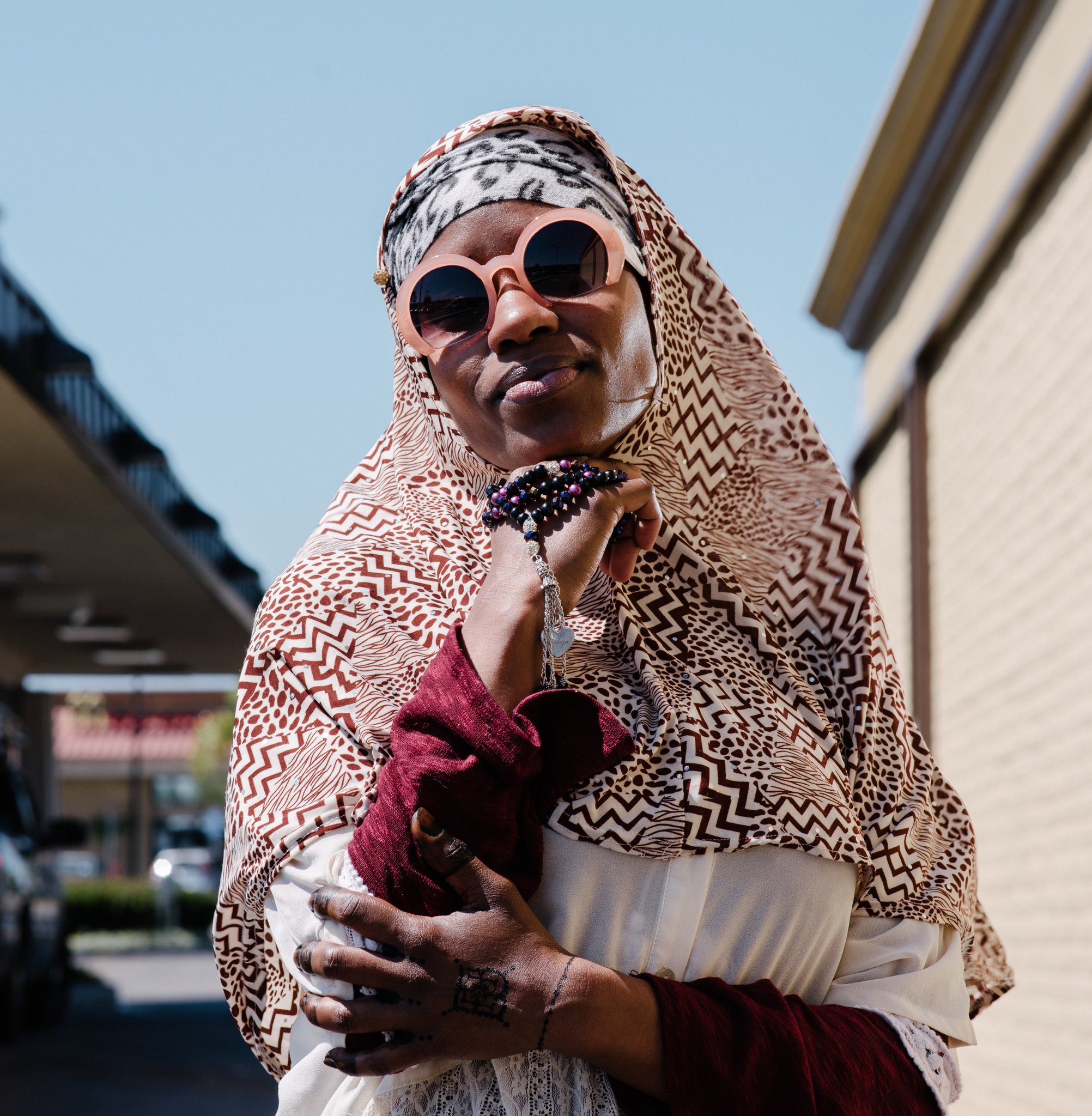In a world grappling with the complexities of identity, diversity and political turmoil, Teena Purohit’s work offers a poignant reflection on the intricate relationship between religious interpretation, cultural context and the path to progress.

Sunni Chauvinism and the Roots of Muslim Modernism by Teena U. Purohit, associate professor of religion at Boston University, is an intellectually absorbing work for a significant reason. It consummately explores the shaping of Muslim modernist thought amid the challenges of modernity that confronted Muslim communities across the world during the era of colonial domination, from 1850 to 1950.
Moreover, as a scholar of South Asian religions whose “particular interests revolve around theoretical issues like conceptions of religion in modern Islam and the impact of colonial forms of knowledge on modern Muslim intellectual thought”, Purohit’s examination exposes a paradox at the core of reformist pursuits which echoes to this day in our contemporary landscape. With a reach that extends beyond academia, her work illuminates a critical historical juncture that speaks directly to our current challenges and delivers invaluable insights from the annals of the past.

Teena U. Purohit
Sunni Chauvinism and the Roots of Muslim Modernism
Princeton University Press, 2023
Purohit brings a keen eye to her study of the responses of notable Muslim modernist scholars – from Jamal-ud-din Afghani (1838-1897) to Mohammad Iqbal (1877-1938) and Syed Abu Ala Mawdudi (1903-1979). These scholars grappled with the urgent need to redefine Islam within an evolving global landscape of declining Muslim powers and the spread of European imperialism in the late 19th and the early 20th century.
The book shines a spotlight on Jamal-ud-din Afghani’s thought-provoking perspective on the decline of the Islamic civilisation. Taking a stance that harboured optimism, he suggested that Muslims could draw inspiration from the rapid advancement of the Western world. Afghani’s call for self-change, based on the Quranic verse, “Verily, God does not change the state of the people until they change themselves inwardly,” resonates with a transformative theme that courses through the works of all the scholars examined by Purohit.
The scholars’ collective response to the decline of Muslim powers and the concomitant need to redefine Islam in the face of colonial dominance underscores a common thread. As the Safavid, Mughal and Ottoman Empires crumbled and European powers expanded their reach, these thinkers sought to synthesise Islamic teachings with European ideas of education, science, and civilisational progress. Their quest was not to adopt European secularism in total but to reshape Islam in harmony with their evolving worldviews, all the while remaining loyal to their faith.




 Since 9/11, a recurrent theme in the far-right circles of America has been “creeping Shariah.” It reflects the fear that Islamic law will silently spread through the land of freedom to ultimately overtake it — to put all women in burqas and all adulterers to death. In this scenario, American Muslims, who make up only 1 percent of the population, will pursue this grand scheme because they are here not for freedom and opportunity, but to form a fifth column in it, as Steve Bannon seriously
Since 9/11, a recurrent theme in the far-right circles of America has been “creeping Shariah.” It reflects the fear that Islamic law will silently spread through the land of freedom to ultimately overtake it — to put all women in burqas and all adulterers to death. In this scenario, American Muslims, who make up only 1 percent of the population, will pursue this grand scheme because they are here not for freedom and opportunity, but to form a fifth column in it, as Steve Bannon seriously  German security services were recently in touch with one of Berlin’s best-known Muslim clerics. He should take their warnings seriously, they again told Abdul Adhim Kamouss. Death threats were being made against him by members of the Islamic State extremist group and they were real, the officers said.
German security services were recently in touch with one of Berlin’s best-known Muslim clerics. He should take their warnings seriously, they again told Abdul Adhim Kamouss. Death threats were being made against him by members of the Islamic State extremist group and they were real, the officers said. What is the right balance between a living faith that embraces the changing times and the religious traditions and doctrines that are often millenniums old?
What is the right balance between a living faith that embraces the changing times and the religious traditions and doctrines that are often millenniums old? Since the advent of the unfortunate events of 9/11 in New York in 2001, Islam has, duly, become an easy target for Western attacks and, as a result, Islamophobia has increased in intensity and scope and has, consequently, even turned into a kind of religion for Muslim-haters, especially those who believe, wrongly, that Islam is an insidious force and subliminal belief of hate, destruction and backwardness.
Since the advent of the unfortunate events of 9/11 in New York in 2001, Islam has, duly, become an easy target for Western attacks and, as a result, Islamophobia has increased in intensity and scope and has, consequently, even turned into a kind of religion for Muslim-haters, especially those who believe, wrongly, that Islam is an insidious force and subliminal belief of hate, destruction and backwardness.